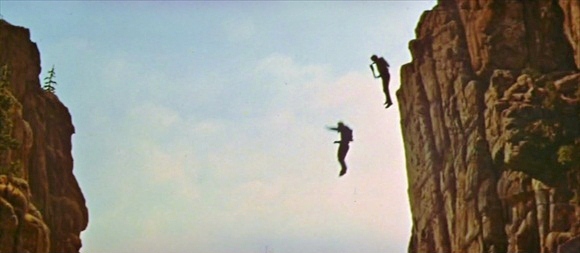The editing process is one of the most elusive parts of filmmaking to learn. It's rare to get a glimpse into decisions filmmakers make in the edit bay. With the film Touch of Evil, we are afforded a glimpse into the thought process of Orson Welles.
After writing, acting in, and directing the film, Welles was abruptly fired from the production after Universal studio execs saw the rough cut and worried its unconventional narrative would tank. What followed was a back and forth struggle over the final cut between Welles and the studio, and resulted in the incredible 58-page memo detailing Welles' editorial notes. Some of his requests were addressed, but Universal released its version of the film in 1958. When a previously unreleased cut of the film was discovered in 1976 and in 1998, film editor Walter Murch reconstructed Welles' original vision using his memo as a guide.















